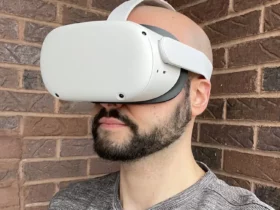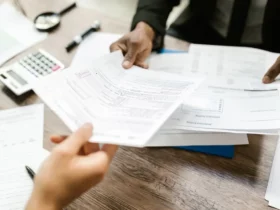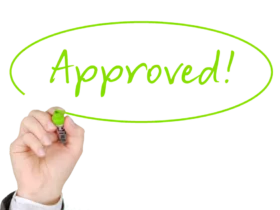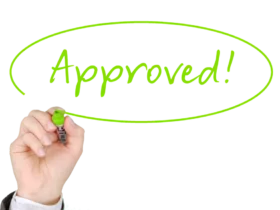Have you ever gone on a vacation and stayed at an Airbnb? Did you ever think, “Wow, these owners must make a lot of money off this property”? Owning a rental property, whether it is for short-term or long-term tenants, can be an incredibly lucrative investment strategy. It is a very popular way to build additional wealth when saving for retirement, an exotic vacation, or to pay off debt.
The idea of owning a rental property may sound very appealing to you. Once you own the property, you can collect rent and turn a profit based on the rate you calculate. However, there is a lot of work that goes into managing a property, and there are plenty of hidden costs that make it harder to generate a profit.
Investing in rental properties is not just about the mortgage and utilities that you will be paying on the new property. Here are some of the hidden costs you should know about before you dive into buying your first rental property.
Insurance
When buying a primary residence, you have to have homeowner’s insurance as well. However, this type of insurance is not adequate if the property you are buying is going to be rented out. For this scenario, you will need landlord insurance. This type of insurance often includes personal liability coverage in case you get sued by a tenant for something that happens while they are living on your property. Most lenders will not approve a loan for a home that will be rented unless landlord insurance is involved.
Taxes
While you may know about property taxes and how they impact the cost of a home, other taxes can specifically affect rental property owners. First, rent is a type of income, so even if this is a side business for you, your rental income will be taxed. Second, if you sell your rental property in the future, then you may encounter the capital gains tax. You can learn how to avoid capital gains tax on real estate rentals, but if this property is not your primary residence for any amount of time, then this could be an extra tax that you will have to pay.
Property Management
Some rental property owners choose to manage their assets themselves. However, this can take a lot of work, which you may or may not be willing to do. If the burden is too heavy or you do not have enough time, then hiring a property manager will be necessary. By hiring a firm to manage your rental assets, you will have reduced profits from rental income. New real estate investors may start by trying to do everything themselves, but many of them find that the responsibilities are too much to handle.
Tenant Screening
If you want rental income, then you need tenants, and if you want the right tenants in your property, then you have to screen them properly. Unfortunately, this will cost you money. You’ll want to do credit checks on your tenants to ensure they can pay the rate, which will cost a certain fee each time. If you want to hire a broker to do the tenant acquisition and screening for you, then this will also cost money.
Vacancy Costs
Although this is not an extra payment, it is something that will impact your rental income and profits. Whenever your unit is empty, you are just paying to own it, so you should calculate vacancy costs into your budget when planning your finances. The national vacancy rate in the United States is an average of 6.6%, so keep that in mind.
Upgrades
To attract tenants to your property, it needs to be in good shape. If everything in the building is old, then you may have a harder time charging a higher rate or attracting tenants in the first place. If you own the property for a while, then paying for improvements is a necessity to ensure it remains competitive with other rental properties in your market.
Extra Permits
Depending on where your rental property is located, you may need a special permit from the government to rent it out to tenants. This comes down to the state and city in which the property is located. Though this is a small cost, it is still something that needs to be included in your budget for an accurate reflection of the total expenses for the property.
Research All the Expenses Associated With Owning Rental Property
Hopefully, this guide has given you a little more information about the hidden costs of owning a rental property. On top of paying a mortgage, property taxes, and utilities for the property, these additional costs will be necessary to ensure the space is ready for tenants. There are other fees that are not mentioned above that you may encounter as well, such as accounting services, labor for contractors, maintenance costs, and even marketing. Do your own research so that you can create a budget that reflects realistic financial projections.













